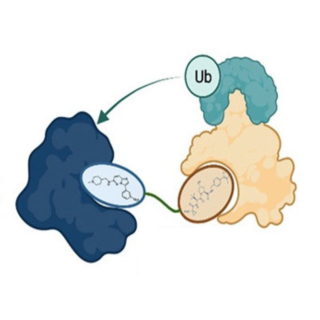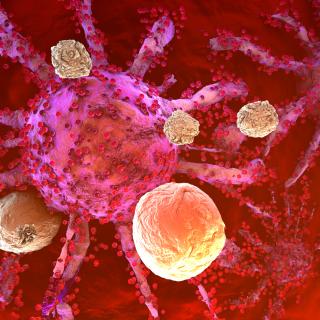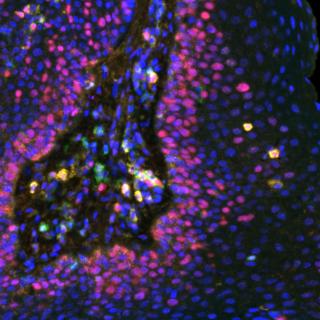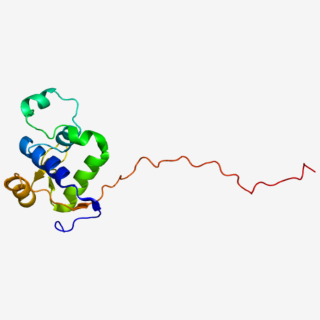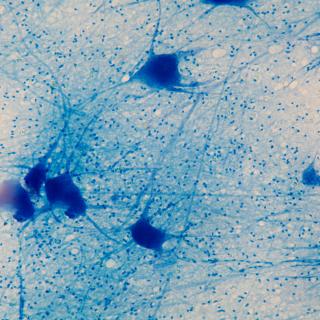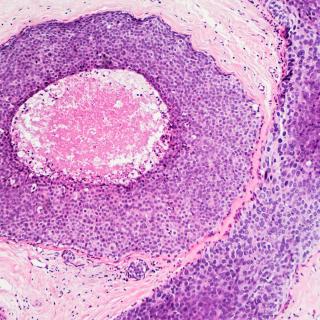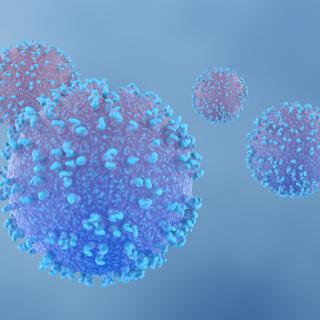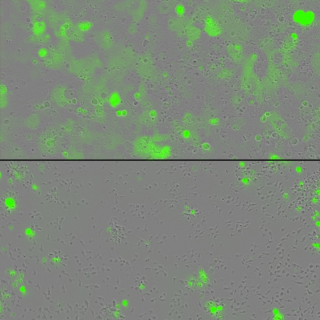Our Discoveries
The liver controls intestinal health through the PEDF protein
A new study reveals how the liver and gut communicate to regulate stem cell expansion in the repair of damaged intestinal tissue. The finding, from the lab of Chuan Wu, M.D., Ph.D., has important implications for a lipid-lowering drug that affects that communication.
Read MorePROTACtion against resistance of commonly used anti-cancer drug
Drugs known as PIM kinase inhibitors are used to treat a range of cancers, but many patients develop resistance to these medications. Recent research has led to a new class of therapeutics that target the mechanism of this resistance, resulting in increased death of cancer cells.
Read MoreMolecular signature can identify tumor-targeting immune cells in the blood
Blood samples could be a new source of antitumor T cells for customized cancer immunotherapies.
Read MoreNovel T cell stimulation technique drives potent anti-tumor response
Researchers combined an antibody with an immune-signaling molecule resulting in an agent called STAR0602. A version of the novel agent was designed for and tested in mice, which induced significant tumor shrinkage and increased survival across six different types of cancer while exhibiting little toxicity. The promising lab findings have prompted the launch of a clinical trial in people.
Read MoreExperimental vaccine halts respiratory growths from HPV infection
An experimental vaccine that trains a patient’s immune system to recognize HPV-infected cells could potentially be used to treat people with recurrent respiratory papillomatosis, according to results from an ongoing clinical trial.
Read MoreInactivating the WRN protein could kill colorectal and other cancer cells
Rapid inactivation of the Werner Syndrome helicase (WRN), a protein upon which cancer cells that exhibit microsatellite instability often rely for survival, could be effective in killing colorectal and other cancer cells and potentially guide the development of inhibitor drugs.
Read MoreFDA grants orphan drug designation to indotecan for the treatment of glioma
The U.S. Food and Drug Administration (FDA) granted orphan drug status to LMP400 (indotecan) for use in patients with malignant glioma, a cancer of the brain that begins in glial cells (cells that surround and support nerve cells).
Read MorePopulation-specific tumor mutation patterns may reflect breast cancer health disparities
African American, European American and Kenyan patients with breast cancer have different patterns of tumor mutations.
Read MoreNew insights show faulty immune cells are trained to become healthy
Researchers traditionally believed faulty T cells that have the potential to attack someone’s own tissues were eliminated before the cells leave the thymus. Now, research in mice shows that these autoreactive cells are evicted from the thymus and can mature into healthy cancer-fighting cells in the body’s peripheral tissues. This basic science discovery holds important implications for our understanding of autoimmune diseases and cancer.
Read MoreNew technology assists T-cell therapy in eradicating solid tumors in mice
A new technology targeted at T-cell therapy may help immunotherapy overcome the treatment-hindering environment inside solid tumors.
Read More
